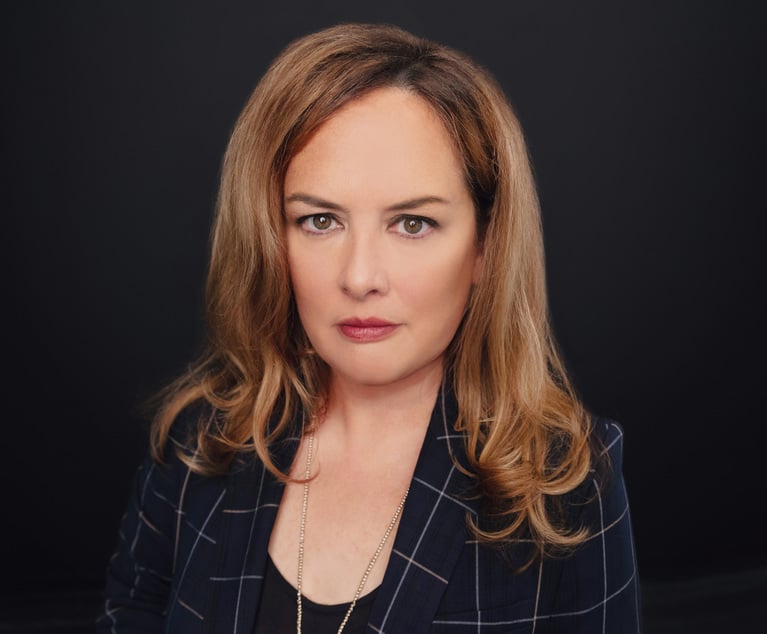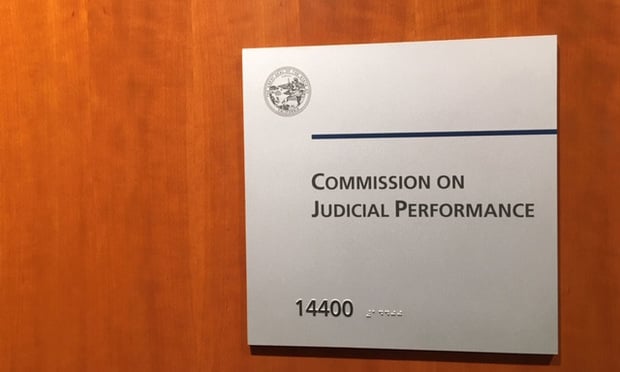Few topics provoke as much consternation among lawyers and law students as jury nullification. It’s a legal problem child—serving as a vital check on government power while simultaneously undermining the very premise of our adjudicative system. And what can trial courts tell juries about this unruly creature, which fits so poorly into the rubric of the judiciary? That’s precisely the question faced by the U.S. Court of Appeals for the Ninth Circuit Court in the recent case of United States v. Lynch.
Charles Lynch ran a marijuana dispensary in Morro Bay, California. At the time, California had already decriminalized medical marijuana. Lynch claimed that he had called the DEA before opening the dispensary and had been informed that “it was up to the cities and counties to decide how they wanted to handle the matter.”
This content has been archived. It is available through our partners, LexisNexis® and Bloomberg Law.
To view this content, please continue to their sites.
Not a Lexis Subscriber?
Subscribe Now
Not a Bloomberg Law Subscriber?
Subscribe Now
LexisNexis® and Bloomberg Law are third party online distributors of the broad collection of current and archived versions of ALM's legal news publications. LexisNexis® and Bloomberg Law customers are able to access and use ALM's content, including content from the National Law Journal, The American Lawyer, Legaltech News, The New York Law Journal, and Corporate Counsel, as well as other sources of legal information.
For questions call 1-877-256-2472 or contact us at [email protected]


 Susan Yorke, California Appellate Law Group (Photo: Courtesy Photo)
Susan Yorke, California Appellate Law Group (Photo: Courtesy Photo)




